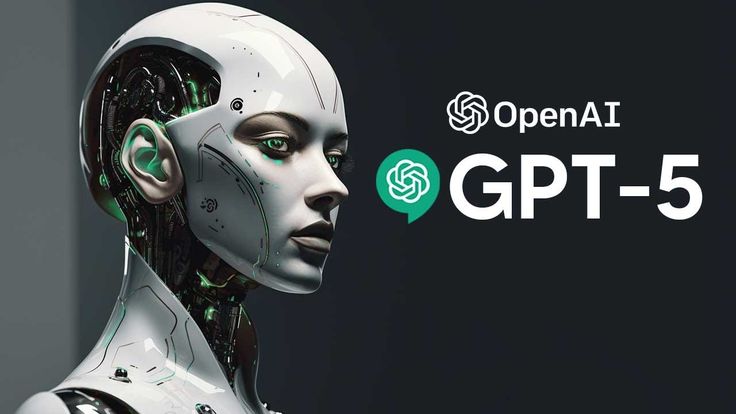
GPT-5 Claims PhD Level Intelligence, Set to Redefine AI Capabilities
Aug 8, 2025 |
👀 191 views |
💬 0 comments
OpenAI is once again pushing the boundaries of artificial intelligence with the planned release of its new GPT-5 model. The company claims the updated model will elevate ChatGPT's capabilities to a "PhD level," marking a significant leap in its ability to perform complex, high-level tasks.
The claim, made by a senior OpenAI executive at a recent private briefing, suggests that GPT-5 will demonstrate a level of reasoning and problem-solving that rivals a human with a doctorate in their field. This is not just about writing better essays; it's about handling intricate, multi-step problems, generating sophisticated code, and conducting advanced scientific research.
What The ‘PhD Level’ Claim Means
OpenAI’s internal testing and benchmarking of GPT-5 point to a new era of AI proficiency. The "PhD level" claim is meant to signify the model’s mastery in several key areas:
Advanced Reasoning and Logic: The model is expected to perform at an expert level on complex logical tests and academic benchmarks, including those used in graduate-level programs.
Coding and Software Engineering: GPT-5 is projected to be able to complete highly complex coding tasks, debug software, and even suggest architectural improvements for projects—a skillset that previously required a highly experienced human engineer.
Scientific and Creative Outputs: The new model is said to be capable of generating detailed research proposals, writing high-quality academic papers, and even creating complex creative works that show a deep understanding of their respective fields.
Increased Reliability: One of the main goals for GPT-5 is to significantly reduce "hallucinations," where the AI generates plausible but false information. Its advanced reasoning should lead to more accurate and reliable outputs.
While OpenAI is not providing specific benchmark numbers yet, the claims suggest GPT-5 will surpass its predecessor, GPT-4, by a wide margin on both standard academic tests and more real-world, applied problems.
The Broader Impact and Industry Response
The introduction of GPT-5 will have wide-ranging implications for various industries. For software developers, a "PhD-level" AI could become an indispensable tool for tackling legacy systems, accelerating innovation, and automating much of the more routine work. In academia, it could serve as a powerful research assistant, helping to analyze vast amounts of data and formulate hypotheses.
The news comes as OpenAI’s competitors are also making significant advances. Anthropic’s Claude 4 model recently made headlines for its ability to code for seven hours straight. This "AI arms race" is pushing companies to not only build more powerful models but also to find new ways for those models to sustain complex tasks over long periods.
With a formal release expected in the coming months, the public will soon be able to test these bold claims for themselves. If GPT-5 delivers on its promises, it will not only redefine the capabilities of AI but also fundamentally change how we work, learn, and create.
🧠 Related Posts
💬 Leave a Comment
